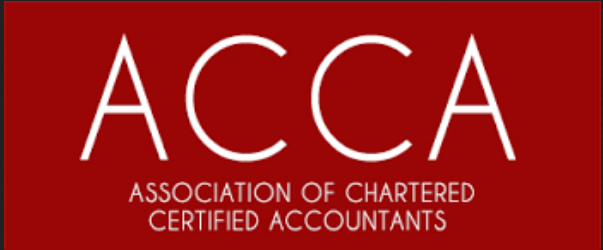ACCA study on how profitability and green business can go hand in hand
Bengaluru, 04 November 2025: Ahead of COP 30 later this month, leading global accountancy body ACCA has created a unique, unified approach to responsible investment comprehensively integrating sustainability considerations into strategy.
In Understanding Responsible Investment ACCA (the Association of Chartered Certified Accountants) has produced – in collaboration with the Universities of Witwatersrand and Leeds – a comprehensive yet concise framework setting out the right links between environmental and social issues and capital allocation and investment decisions.
By following eight steps an organisation can map how its financial success is linked to environmental and social considerations.
A generally accepted definition of responsible investment has never existed despite the fact that the concept has driven a fundamental shift in how investment decisions are made by investors, asset managers and owners.
Md. Sajid Khan, Director – India at ACCA, said: ‘Despite all the expectation on business increasingly having to grapple with climate change and social inequity, to date no unified approach to responsible investment has been produced. Thanks to collaboration and deep analysis of a variety of frameworks, we have now created one: identifying eight core components of responsible investment and creating an integrated thinking model, which ensures all risks and opportunities are systematically incorporated into investment analysis and capital allocation.’
Determining which social and environmental issues are most relevant in the context of an investment strategy is a challenging task. Investors typically assess a range of extra-financial factors according to their materiality. They use a combination of qualitative and quantitative factors – such as stakeholder expectation, regulatory requirements, and direct and indirect dependencies.
Dannielle Cerbone, Associate Professor at the School of Accountancy, University of Witwatersrand, said: ‘This academically rigorous report provides a comprehensive but concise reference for investors, asset owners and regulators in an increasingly complex landscape.’
The eight core steps are:
The responsible investment framework
- ESG integration
- Sustainability frameworks
- Screening methods
- Investor proactivity
- Strategic purpose
- Investment options selection
- Regulatory requirements and standards
- Measuring outcomes.
Responsible investors recognise that sustainability reporting is still evolving. It is clear from producing this report that many investees must go further in balancing financial, ecological and social value creation if they are to better access and service responsible finance.
Khan added: ‘We hope this report will prove of practical use to investors and companies in India and internationally. For instance the report provides a method of assessing the impact of sustainability-related factors on an organisation’s valuation – a task which is far from straightforward.’

